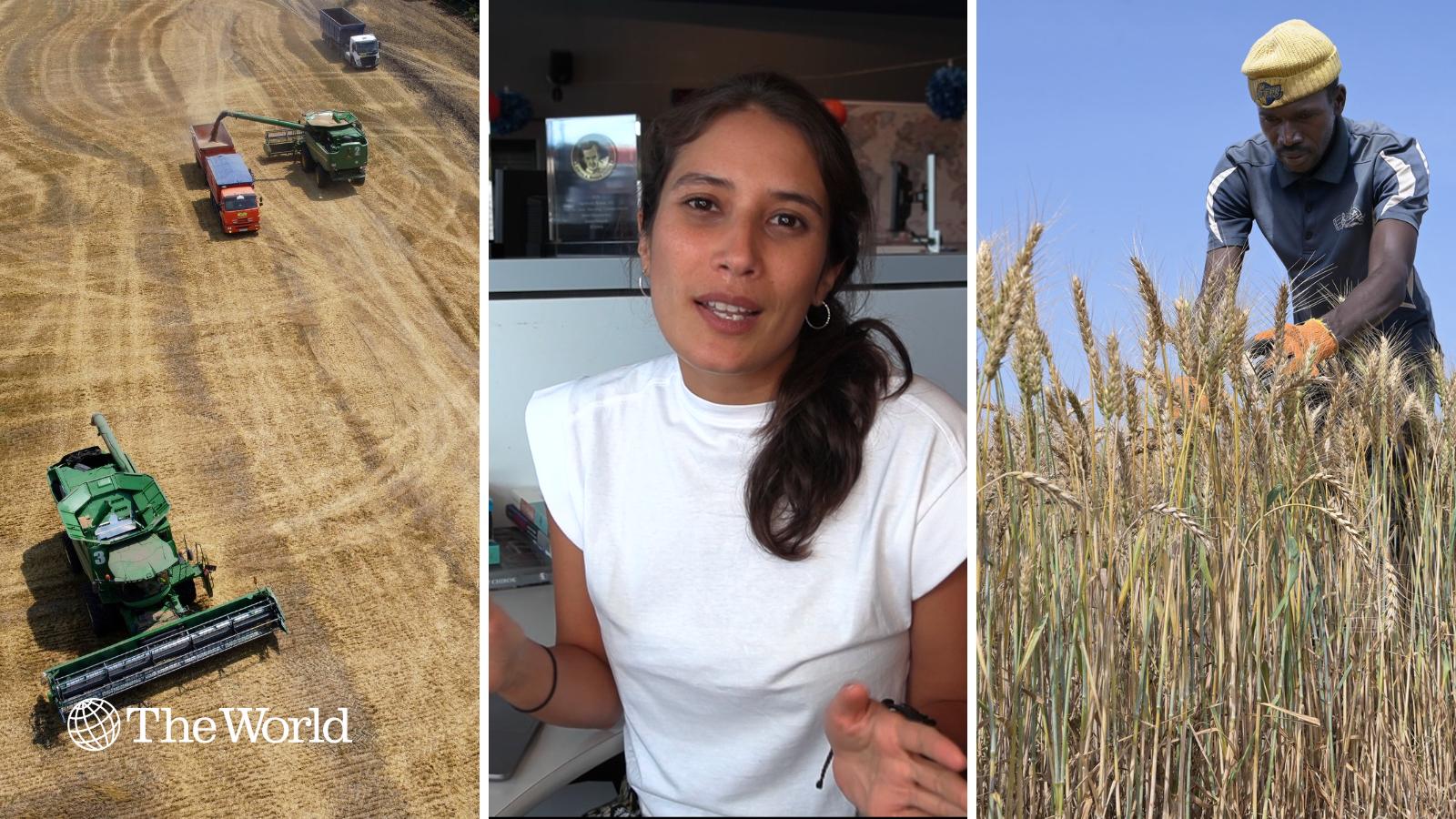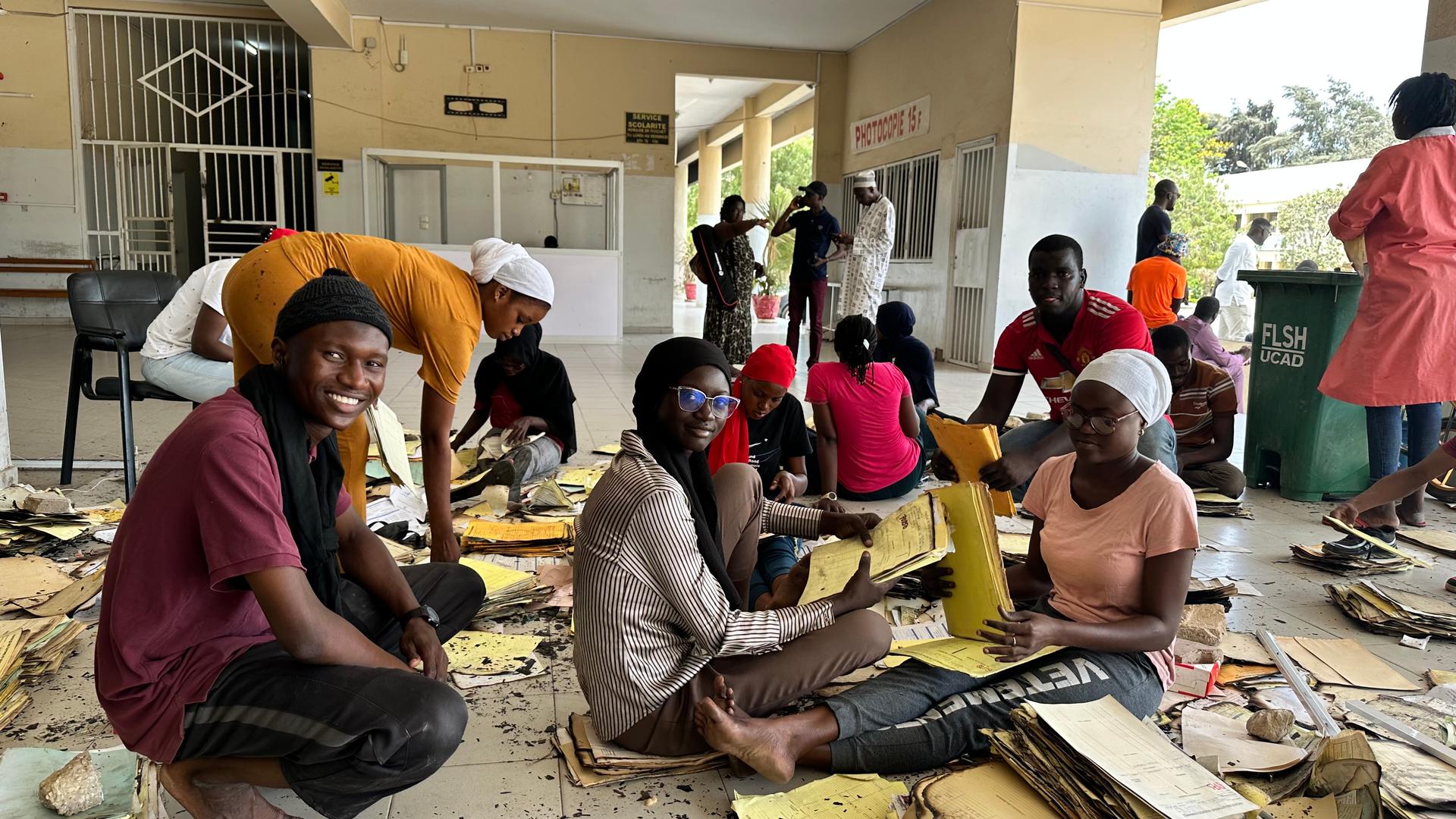Dakar
We want to hear your feedback so we can keep improving our website, theworld.org. Please fill out this quick survey and let us know your thoughts (your answers will be anonymous). Thanks for your time!
Senegalese women turn to exporting fish in spite of local shortages
In Senegal, an estimated 40,000 women work as fish processors. But a trifecta of problems — overfishing by foreign fleets, illegal fishing and climate change — is making fish scarce in the region and hitting processors the hardest. In an attempt to make ends meet, fishermen are selling what they are able to catch to fresh fish traders and export factories, who’ll pay more for a batch than the processors, leaving the women high and dry.
Senegal tried to crack down on schools forcing children to beg. But thousands of kids are still in the streets.
Somewhere between 50,000 and 100,000 children are forced to beg on the streets of Senegal. The money they collect goes to their Quranic instructors in exchange for teaching, food and housing. Rights activists say it’s a form of modern slavery. But some in Senegal say it’s just tradition.
Subscribe to The World’s Latest Edition podcast for free using your favorite podcast player:


